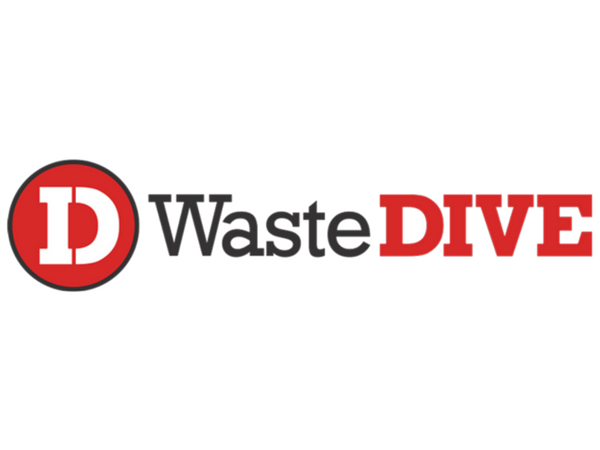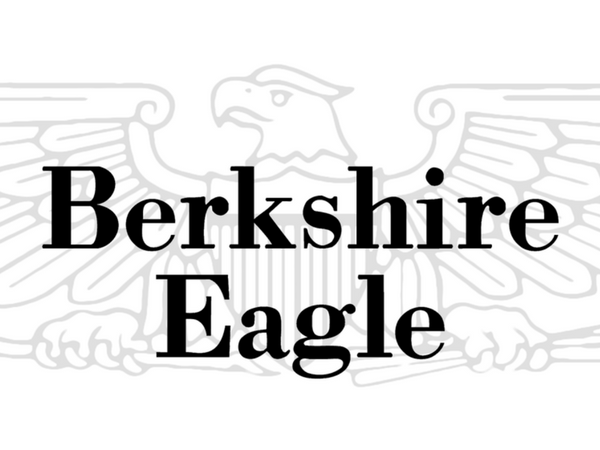WasteDive – February 6, 2017
By Cole Rosengren
Based on an executive order from former Governor Martin O’Malley, Maryland has a goal of diverting 60% if its organic waste by 2020. This is part of a larger goal of reaching 85% waste diversion and 80% recycling by 2040, which has been supported by current Governor Larry Hogan. According to a recent report, the state has an estimated 30 years of remaining landfill capacity and its per capita generation rate is higher than the national average. MDE could technically conduct this study at any time — and advised legislative staff that the proposed bill could be implemented using existing resources — but formally requiring it is seen as a necessary step. …
“The goal of this current bill is to really shine a light on [the fact] that we still need to get people together to deal with specifically encouraging not only more diversion of yard waste and food residuals, but infrastructure,” said Brenda Platt, co-director of the Institute for Local Self-Reliance (ILSR).
ILSR has been actively working with state officials and legislators for years to move Maryland forward on organics diversion. Platt pointed to the creation of state composting permits in 2015, and a composting bill that was recently passed in Montgomery County, as advancements in that process. The state still does not have a permitting system in place for anaerobic digesters.
A version of this current bill was originally introduced in 2015 and would have set an organics diversion requirement based on accessibility to processing options similar to what has been done in states such as Vermont. That was unsuccessful, as well as a 2016 version that was closer to this latest draft. By requiring a study of processing infrastructure first, rather than setting the diversion requirement and expecting facility investments to follow, Maryland is taking a more pragmatic approach. As Platt noted, studying a wide range of opportunities for the reduction and diversion of organic waste has the potential to help more than the state’s landfill capacity.
“If you’re doing composting at urban farms you’re dealing with food access and food security in Baltimore,” she said. “If you’re helping farmers be able to put compost on their crops, they’re sequestering carbon.”
…





